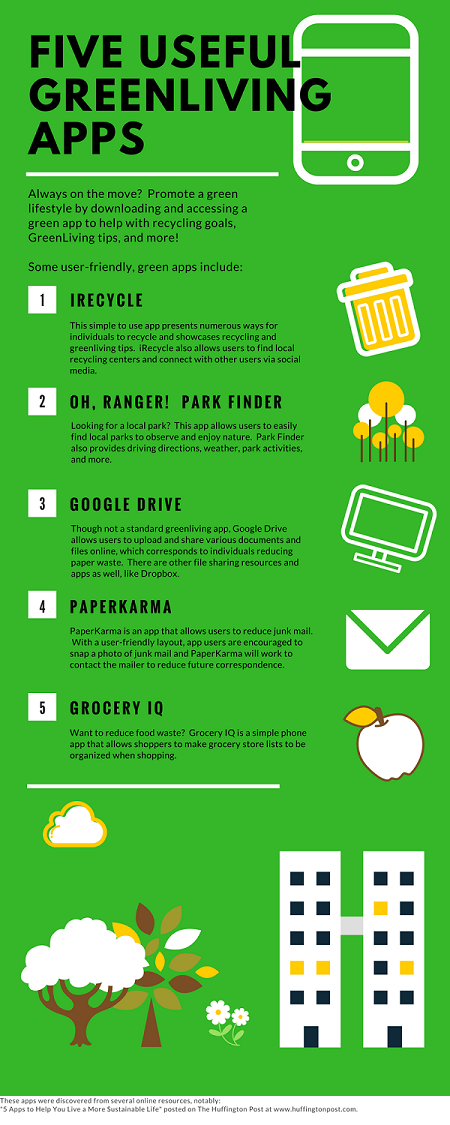Three Ways To Protect Bees and Other Pollinators
Take Several Green Steps to Help the Honeybees
The amount of honeybees is steadily declining. Though honeybees can often be unpleasant during spring and summer outdoor activities, especially for those who are allergic to bee stings, bees are very important to the environment.
Bees are a type of pollinator; they are needed to fertilize plants that, because of this process, will eventually grow and produce food.
What are easy ways to help honeybees? Learn three tips here:
1) Forego pesticides in the garden: For gardeners or people who keep a few plants and/ or flowers outside, one way to protect the honeybee population is to stop using pesticides and chemicals when caring for plant-life. Pesticides harm and kill honeybees. Instead, try a natural pesticide, such as a mixture of water and salt or a garlic-onion mixture. Spraying these natural mixtures on plants will help to repel insects but will not harm them.
2) Leave the bees alone: During the summer, it can often be easy to swat at bees when outside. Try to avoid honeybees to let them continue their pollination process. Honeybees can be extremely inconvenient to some, but, most of the times, bees do not want to sting. When a bee stings, it will die.
3) Buy honey locally: Local made honey and/ or honey found in farmer's markets is often "raw" or made without any additives. When at a farmer's market, ask the beekeepers about their hives to ensure the honey is raw and natural. This is a great way to support the local honeybee population.
These tips were found on Queen of the Sun's web page "The Things You Can Do to Help Bees" posted here: www.queenofthesun.com/get-involved/10-things-you-can-do-to-help-bees/




Comments
Post a Comment